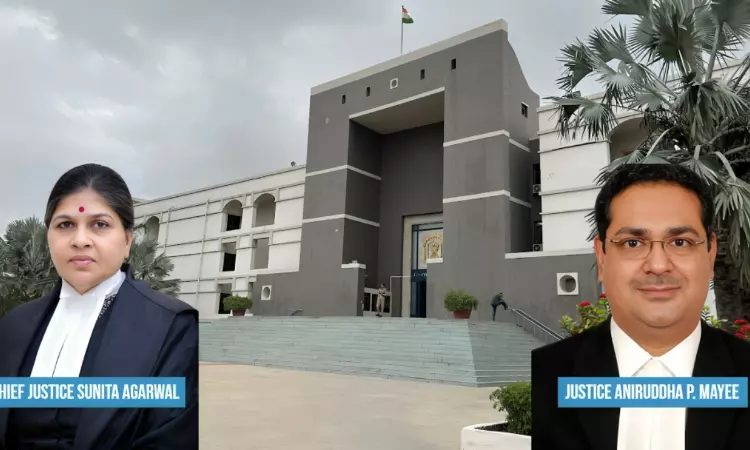Gujarat High Court Upholds Fairness Of 'Random Algorithm' Method In Tender Selection Process
Bhavya Singh
3 Sept 2023 10:00 AM IST

Next Story
3 Sept 2023 10:00 AM IST
In a recent judgment, the Gujarat High Court has reaffirmed the fairness and transparency of a selection process involving the use of a random algorithm for awarding a tender to outsource manpower services.The division bench, comprising Chief Justice Sunita Agarwal and Justice Aniruddha P. Mayee, the use of a random algorithm in the selection process for outsourcing manpower services is the...
